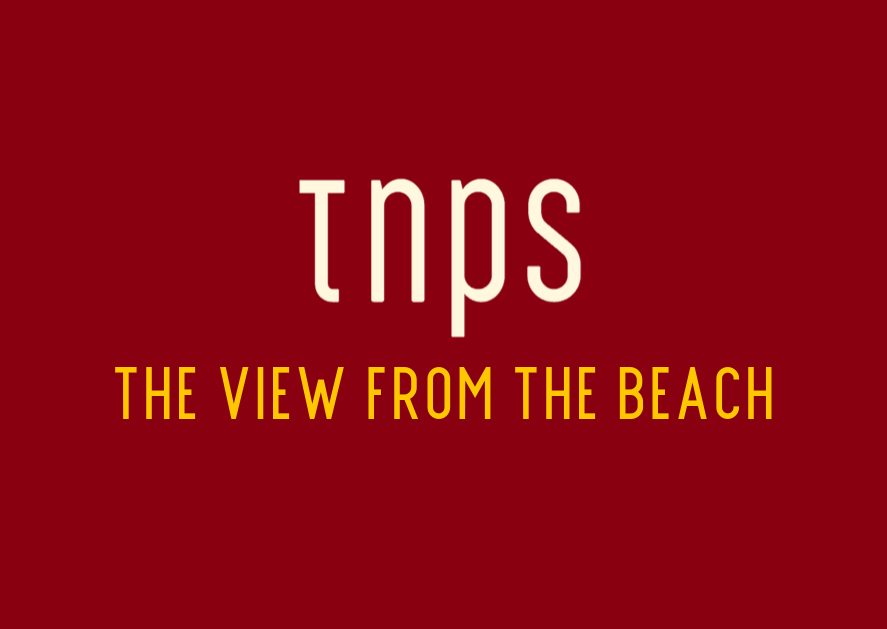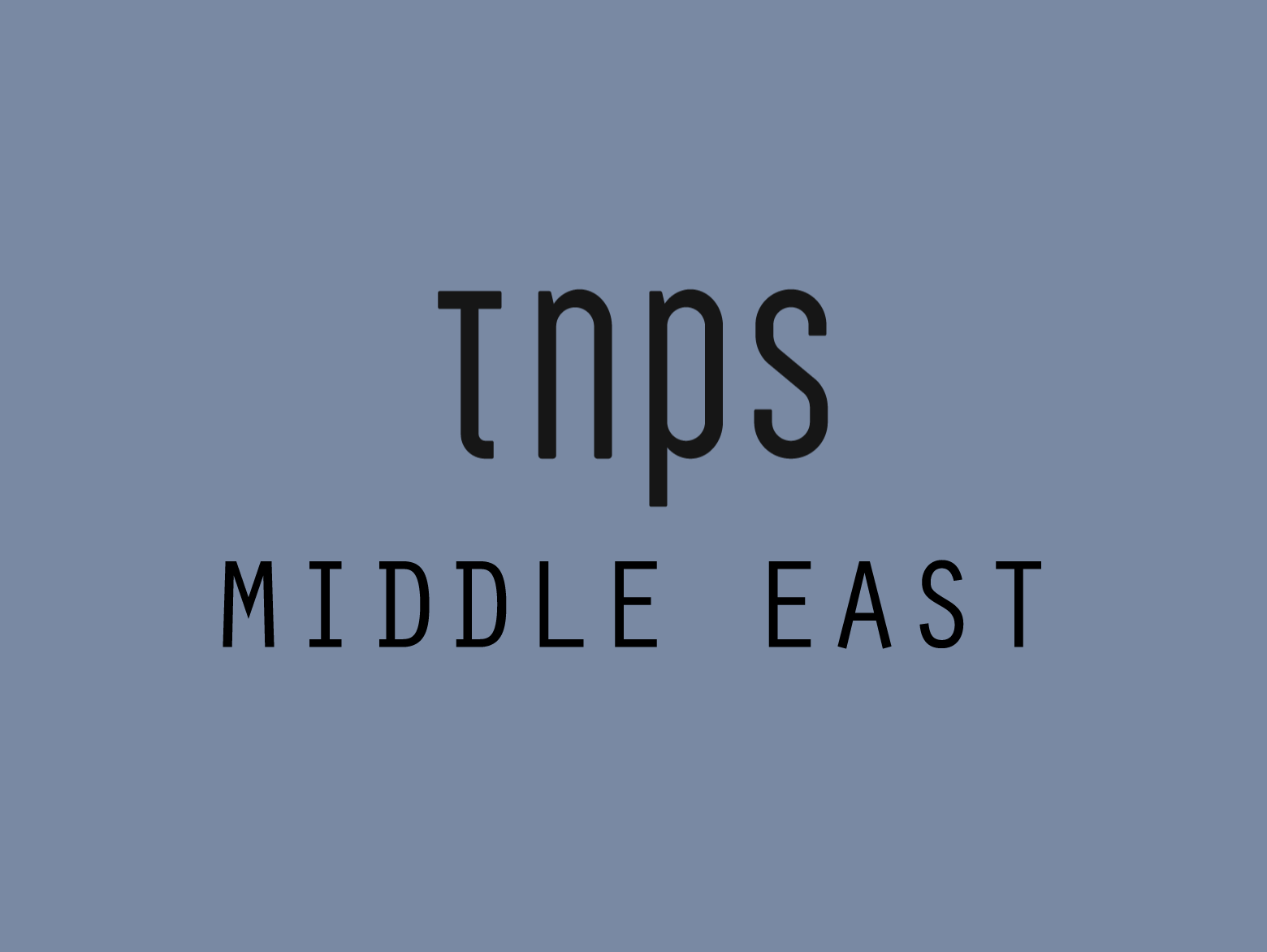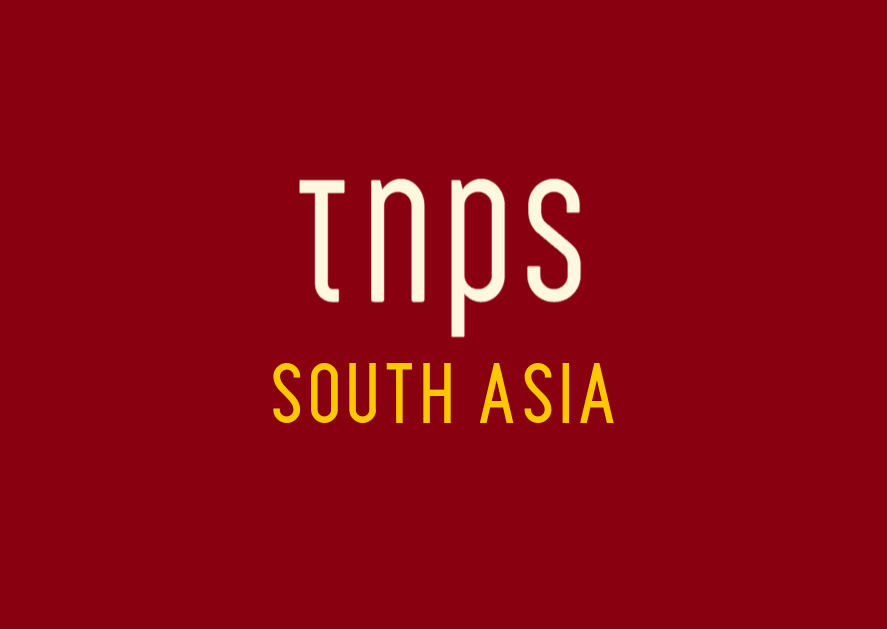The growing evidence, one and a half years into the Pandemic, is that publishers prosper just fine virtually and that the cash, time and energy costs, quite apart from the health risks, increasingly do not favour the Old Normal book fair model that the Buchmesse epitomises.
While nowhere near the biggest book fair in the world (300,000 visitors is a drop in the ocean compared with the literally millions that, pre-Pandemic, turned out for public-facing books fairs in places as unlikely as India, the UAE, Thailand, Iran, Egypt and Argentina, to name a few), the Frankfurt Buchmesse is certainly the largest trade-facing event.
And for west-focussed publishers the most important trade event.
So being Guest of Honour is something countries and their publishing industries fight over, and fork out serious cash for, and spend years plotting bids, and more years planning once they hit the jackpot.
In 2019 Norway held the coveted title and per a report in Publishing Perspectives (the organ of the Frankfurt Book Fair) Norway spent $5.2 million preparing for the event (not including pre-acceptance bidding costs, which might be as much again).
Now that’s money easily clawed back from rights sales and brand awareness that comes with being centre-stage at Frankfurt, although not such good news for the countries that spent huge sums only to miss out on the coveted prize.
But there’s always next year, right?
Well, sort of. Pre-Pandemic the Frankfurt schedule ran like clockwork, as we’d expect in Germany, where reliability is second-nature. But even Germany’s fabled efficiency cannot compete with the coronavirus, and as the Pandemic took hold in early 2020 it quickly became clear the 2020 Buchmesse would not run like clockwork, with reduced attendance, a hybrid event and then a full pivot to digital as the Pandemic took its toll.
Guest of Honour Canada stood to lose out big-time, but with a lot of behind-the-scenes hustle the Buchmesse reluctantly agreed to postpone Canada’s Guest of Honour status until 2021, with all the knock-on kerfuffle of pushing back the 2021 GoH to 2022, the 2022 GoH to 2023, etc.
A reminder these countries had spent millions bidding and millions more planning for these dates, only to have their calendars rescheduled.
The problem being, no-one gave serious consideration to the (actually quite predictable) scenario that the coronavirus would still be an issue in 2021.
But as we countdown to the 2021 Buchmesse not only is the 2021 event in jeopardy, but there is a question mark over 2022. Because the reality is that, for all the wishful thinking, blind faith in vaccines and the various levels of lockdowns and other containment measures, the Pandemic is still in full force in many parts of the world, and threatening a winter resurgence in those parts of the world that seem for now to be over the worst.
At which point, enter stage left, 2021 Guest of Honour Canada.
One thing we can be sure of this year is that there will be no further juggling of the Buchmesse Guest of Honour schedule. 2021 is to be Canada’s moment of Frankfurt glory, come what may.
Canada FBM2021 is the organisation behind the Guest of Honour programme. Executive Director Gillian Fizet told Marsha Lederman of Canada’s Globe and Mail this week that,
To get to this year was quite an exercise in diplomacy.
Now Fizet is pushing ahead with the final arrangements for the 2021 event, while not knowing for sure if there will even be a physical incarnation, and with uncertainty that any of the Canadian troupe will actually attend even if there is.
Canada has already translated into German and published over 350 Canadian titles – a large part of the pre-event costs – and while these books will be available to be sold in Germany, the in-person promotion at the Buchmesse is a key part of getting these titles noticed and picked up by bookstores.
Per the Globe and Mail, while a final decision on in-person attendance will be made in September, one month before the actual event, the focus now is on the virtual event, the only safe-bet in the Pandemic era.
Major publishers like HarperCollins Canada and PRH Canada have already decided they will not be attending in person regardless of how things develop between now and October, while others cautiously bide their time.
Elsewhere the US and UK arms of PRH and HarperCollins have also said they will not be at Frankfurt in-person. Along with many, many others.
We’ve been here before. An exodus of publishers from the Buchmesse began last June as Frankfurt pushed ahead with its flawed plans to hold the fair regardless.
The problem with ploughing ahead with the hybrid event was something TNPS explored back in May 2020:
(The) problem being that even if Germany were by some miracle of science declared Covid-19 free by October, or failing that if the Buchmesse could offer a guaranteed programme with guaranteed safety measures, there are issues surrounding travel, as well as the situation at home in each country considering participating, that make planning for October all but impossible.
Eventually Frankfurt caved in and pivoted to a fully digital event, with financial support from the federal government. But this year the extra money isn’t forthcoming and the Buchmesse seems determined that the show will go on with a half-hearted hybrid version, the justification being how much publishers desperately need in-person events.
Well, if you repeat the same faux mantra enough times it can become almost believable. Almost, but not quite.
Because the growing evidence, one and a half years into the Pandemic, is that publishers prosper just fine virtually and that the cash, time and energy costs, quite apart from the health risks, increasingly do not favour the Old Normal book fair model that the Buchmesse epitomises.
The virtual event will still allow Canada to showcase its wares as Guest of Honour, and clearly the more effort put into that endeavour now, the better the rewards come October when the publishing world will, mostly from afar, be watching.
It’s not a disaster for Canada, and likely the stakeholders will recoup their costs and it will, after a fashion, have been worthwhile.
But with the continuing Pandemic uncertainty amid evolving new variants and growing questions about vaccine efficacy, Frankfurt’s continuing unwillingness to commit to a full digital event for 2021 despite the obvious reality that the in-person event will at best be a sideshow with international attendance negligible, threatens to undermine the integrity and credibility of the Buchmesse itself.
A lesson the organisers of the London Book Fair, scheduled for 2021 as the UK will be emerging from its next winter of Pandemic discontent, might want to be thinking seriously about now.




